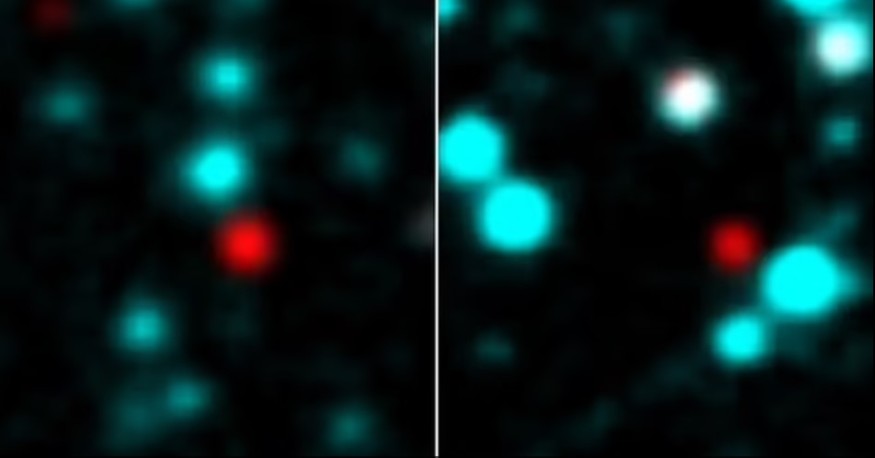
Scientists are baffled by the discovery of two strange icy objects in the Milky Way, which could potentially be an entirely new type of star.
The objects, first spotted in 2021 by Japanese researcher Dr. Takashi Shimonishi and his team at Niigata University, appear to be dense balls of gas that resemble either newly forming stars or dense clouds. However, these objects don't match any known theories about star formation, leading researchers to propose they could be something entirely new.
AKARI Space Telescope Spots 'Icy Balls,' but ALMA Observations Raise More Questions
These unusual objects were observed using the Japanese AKARI space telescope, which scanned the Milky Way in infrared light between 2006 and 2011, DailyMail reported.
While the telescope was able to spot the objects, it didn't have the resolution needed to fully understand their nature.
Recently, the team turned to the Atacama Large Millimeter/submillimeter Array (ALMA) in Chile for a more detailed observation, but the new data only deepened the mystery.
Despite being similar in appearance, the objects are located at very different distances in the galaxy, one in the Crux-Scutum Arm and the other in the Carina-Sagittarius Arm, making it unlikely they are related.
Cosmic Objects Found with High Ice Content, Emit Infrared Light Like Stars
The two icy balls are between one and 10 times the size of our solar system, relatively small compared to other gas clouds.
They emit infrared light, similar to stars, but their high ice content and isolation from star-forming regions make them a puzzle.
According to NewScientist, the objects are primarily made of carbon monoxide and silicon dioxide, with a surprising amount of silicon compared to carbon, which is often found in young stars expelling material.
Dr. Shimonishi and his colleagues have found it difficult to explain these objects' properties.
This strange combination of characteristics – cold enough to have ice but emitting light like a star – has sparked interest and curiosity in the scientific community.









